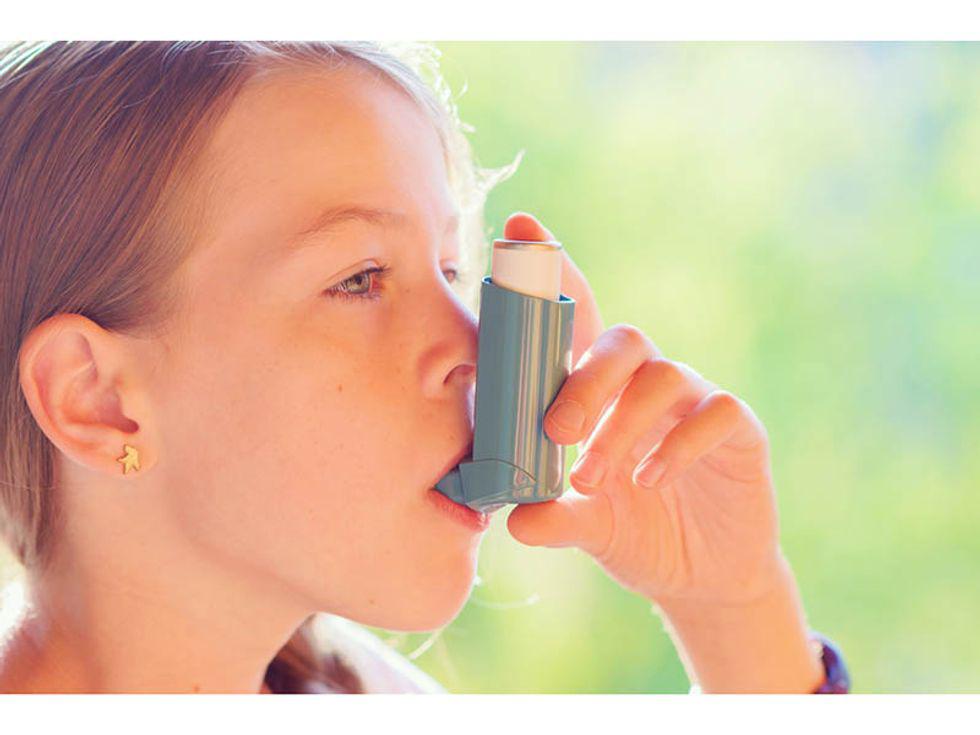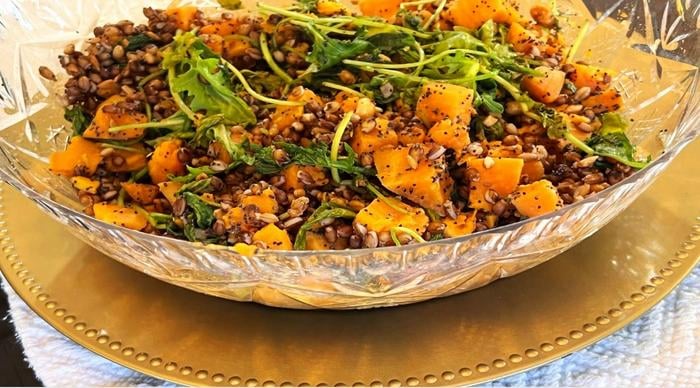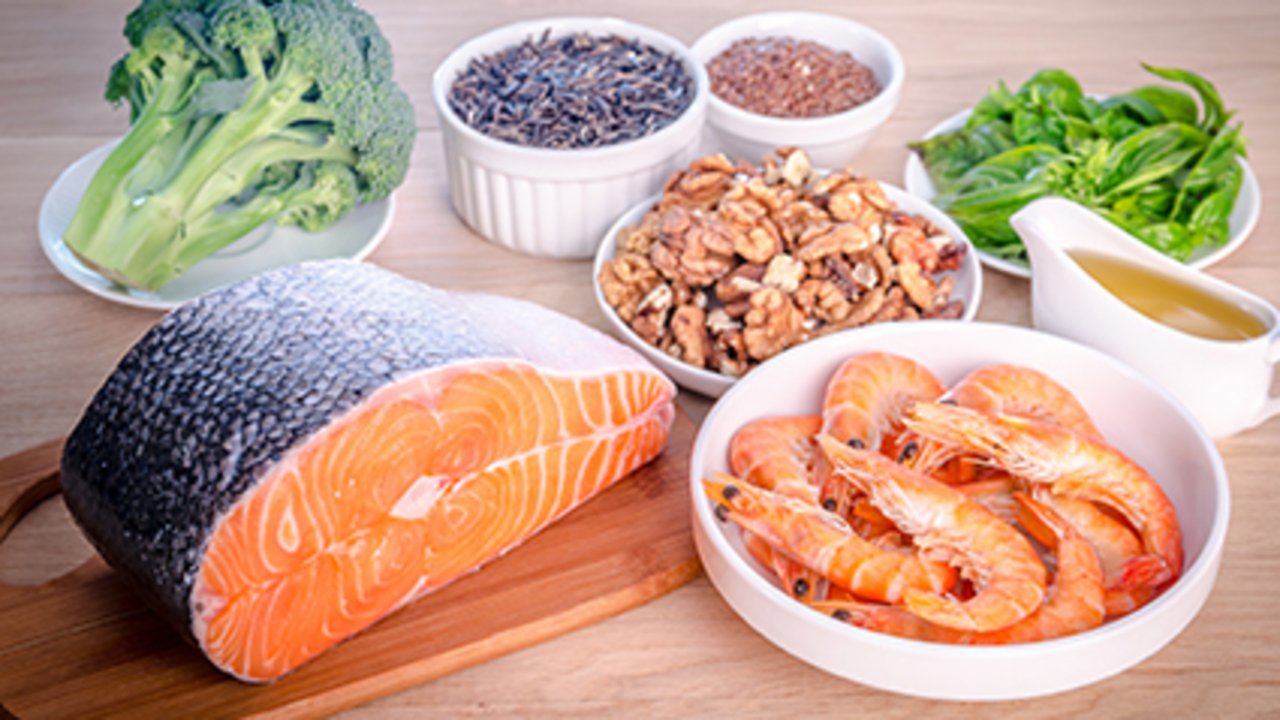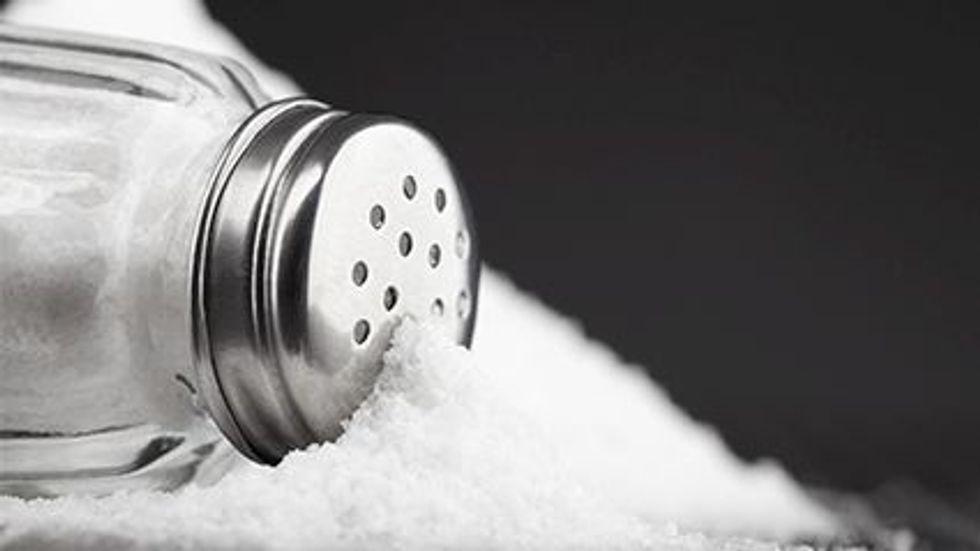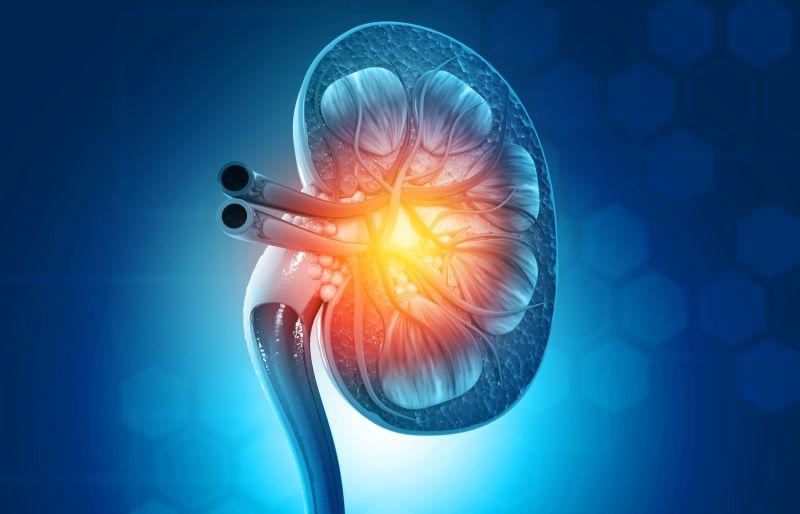
Teenagers who’ve packed on extra pounds have a significantly increased risk of developing kidney disease as a young adult, a new study finds. Obesity increased risk of later kidney disease as much as ninefold in boys and fourfold in girls, according to results published recently in the journal JAMA Pediatrics. Even a few extra pounds… read on > read on >










